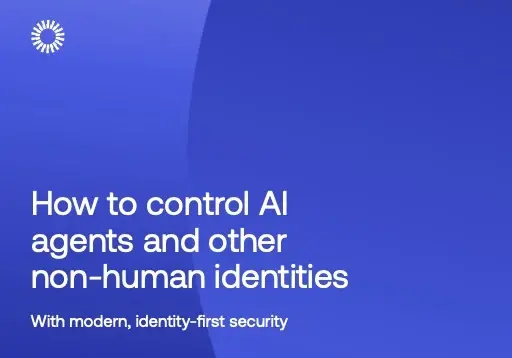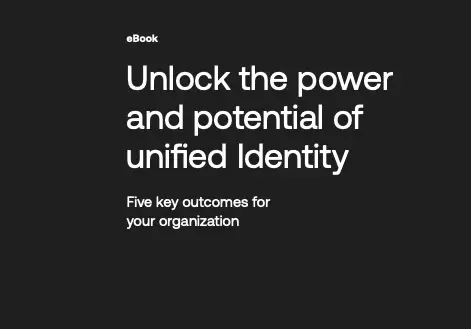Over half of the UK population (53%) would be supportive of the UK government and its allies breaking international cybersecurity law, and 45% have admitted they would be supportive of, or engage in online cybercriminal activity themselves, in the right circumstances.

This is according to a new survey* conducted among 1,000 nationally representative UK respondents (aged 16+) by Censuswide, on behalf of International Cyber Expo.
Remarkably, women were less likely than men to be supportive in either case: 26% of females claimed they would never support the UK government and its allies breaking international cybersecurity law, compared to 17% of men; and 40% of women asserted they would never be supportive of, or engage in any online cybercriminal activity, compared to 26% of men.
There also appeared to be a significant difference between age groups, with the older generation showing greater opposition towards cybercriminal activity, regardless of the circumstances, contrary to their younger counterparts.
Indeed, only 11% of 16-24 year olds were against the UK and its allies breaking international cybersecurity law, compared with over a third (34%) of 55+ year olds. Moreover, only 10% of 16-24 year olds suggested they would never be supportive of, or engage in online cybercriminal activity, unlike 54% of 55+ year olds.
The motivations behind respondents’ willingness to support, or engage in, cybercriminal activity vary.
Those who would be supportive of the UK government and its allies breaking international cybersecurity law, cited the following reasons:
- To stop war crimes such as killing or torturing civilians during war (25%)
- To stop a terrorist organisation (24%)
- To stop human rights abuses (21%)
- To stop organised crime (20%)
- To stop a dictatorship (16%)
- To uncover breaches of international law (16%)
- To prevent illegal immigrants from entering the country (15%)
- To uncover severe environmental impacts (13%)
Those who admitted they would be supportive of, or engage in, online cyber criminal activity, shared they would do so in the following scenarios:
- To defend the UK, if threatened by another country (12%)
- If the activity punishes or stops a company that is having a negative impact on the environment (10%)
- If it resolves a security vulnerability within an organisation (10%)
- To right a personal wrong, such as if they have been unfairly fired from a job or have been bullied (10%)
- To protest human rights abuses (10%)
- If the activity disrupts an on-going physical war between countries (10%)
- To get revenge on cyber criminals (9%)
- If the activity prevents animal cruelty (9%)
- To watch a TV show or film they don’t want to pay for (9%)
- If the activity stopped a problematic person such as Andrew Tate (9%)
- To redistribute wealth (6%)
- To defend religious beliefs (5%)
Simon Newman, CEO of the Cyber Resilience Centre for London and member of International Cyber Expo’s Advisory Council, said: “While it is encouraging that respondents want to see the UK Government and its Allies take a firm stand against war crimes, terrorism and human rights abuses, it is concerning that such a high percentage support breaking international law or would engage in criminal activities themselves – particularly among younger people.
“Vigilantism is never the answer to deal with these threats, however serious they are and any individual who takes the law into their own hands is likely to face significant consequences.”
--
To hear from leading experts in cybersecurity on the latest industry trends, research, predictions and more, be sure to attend International Cyber Expo held on the 26th and 27th of September 2023 at London Olympia.
To register for FREE as a visitor: https://ice-2023.reg.buzz/eskenzi








Comments ( 0 )